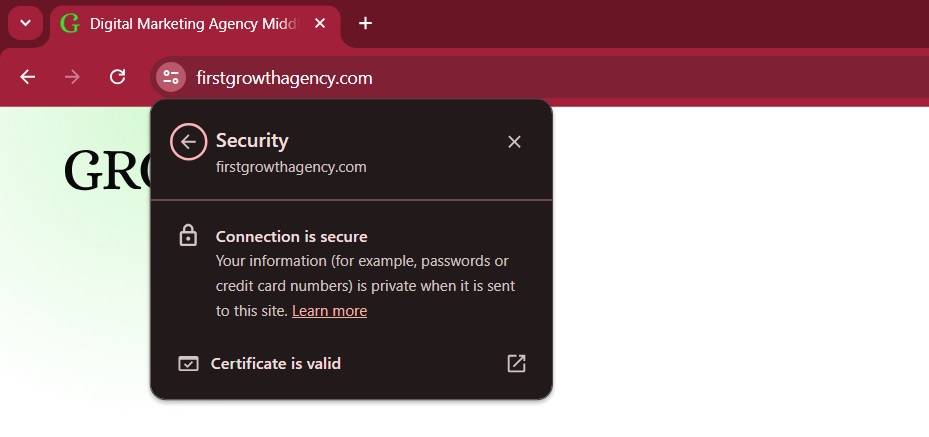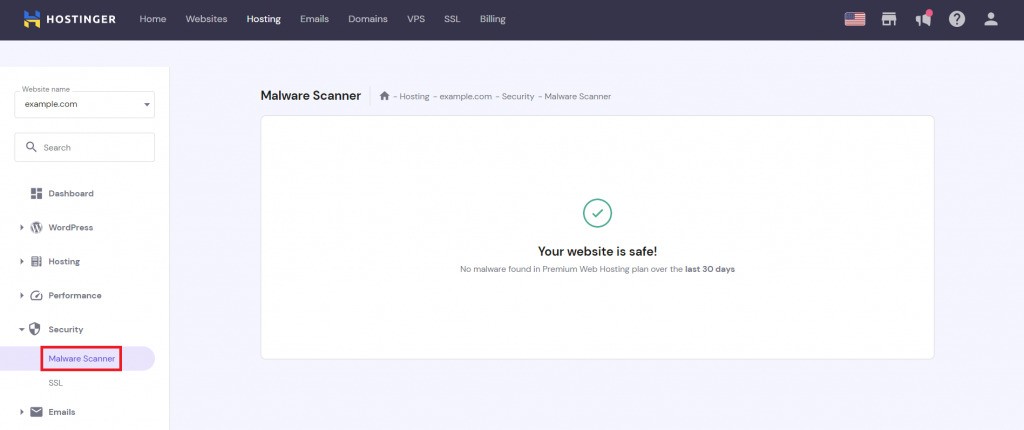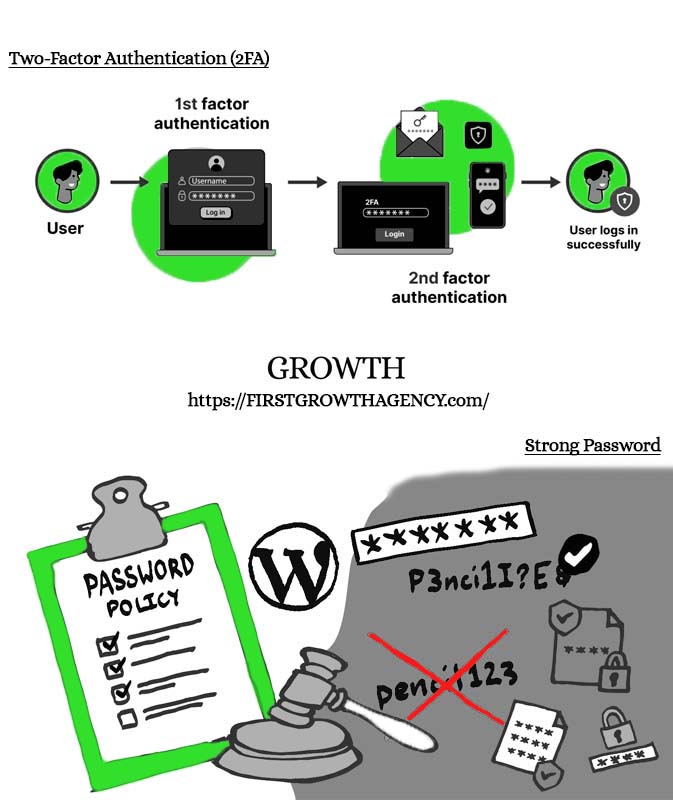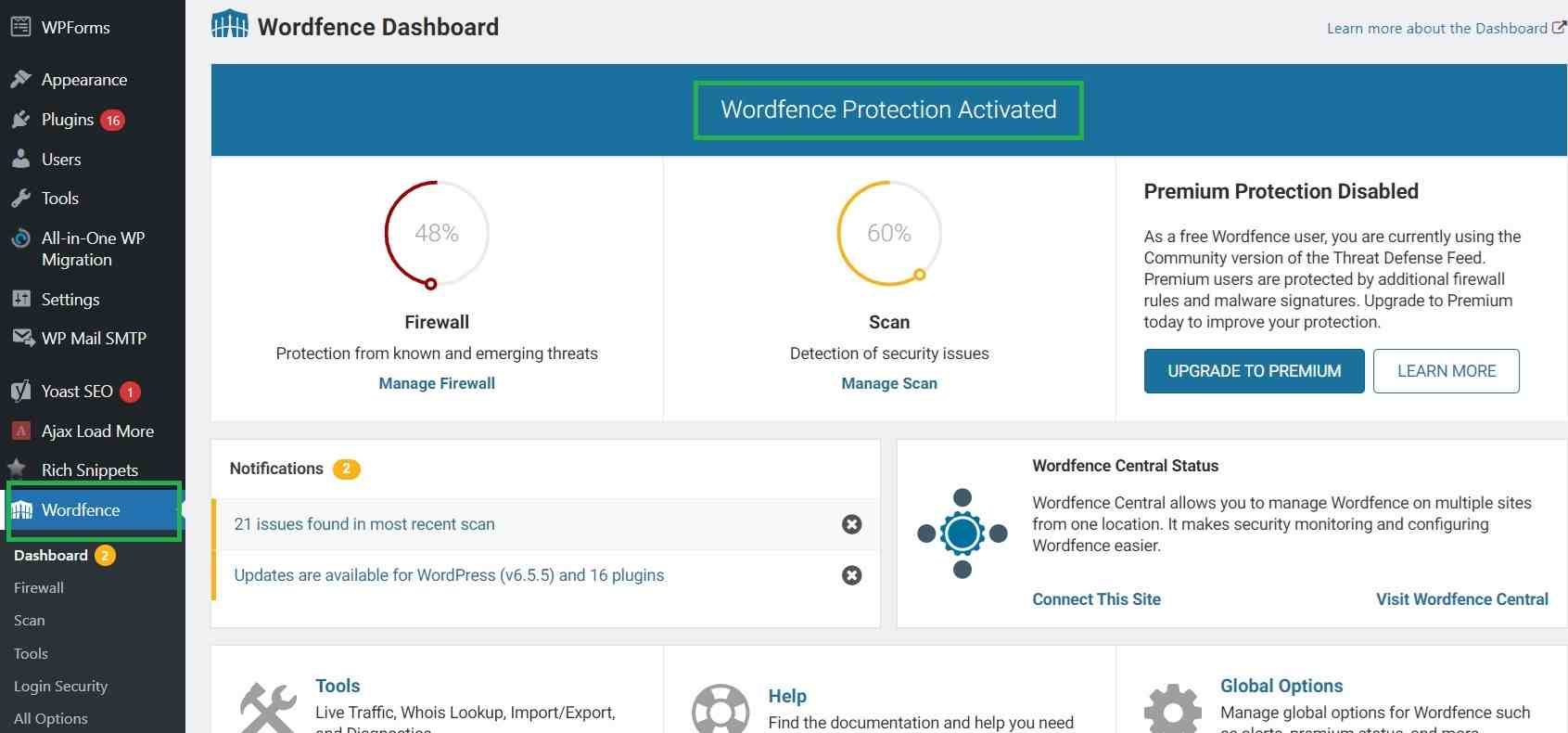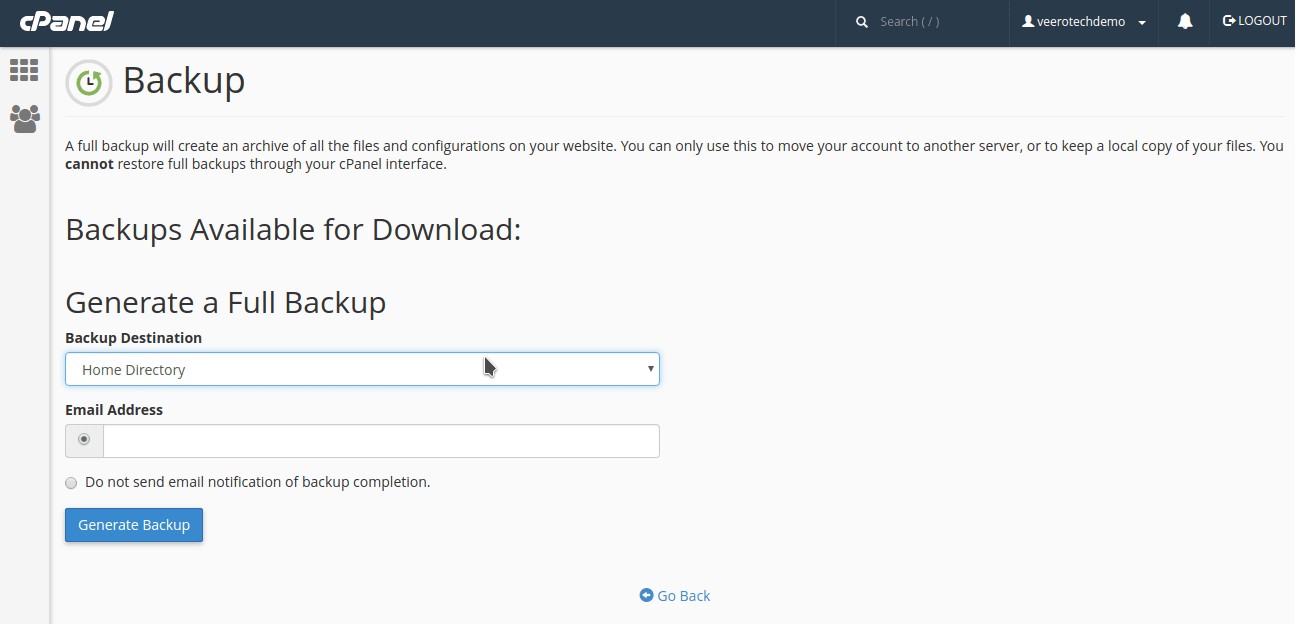We all know that SEO constantly changes. And there are no written rules of how to do the perfect SEO. Neither search engine reveals this information. However, they tell us indirectly and subtly something that could improve our SEO. For instance, in the recent core update they talked about mobile responsiveness. This showed us that websites that aren’t mobile friendly can’t rank high. Similarly, there is a buzz out there for security headers and their relation with SEO.
During a recent Google SEO Office Hours session, John Mueller explained that security headers, like HSTS used for HTTPS, do not affect page rankings. These headers are important for a website’s security and user trust, but they don’t directly influence how a site ranks in Google search results. Although they don’t directly affect ranking, there’s some buzz around security ranking that makes us think what they affect if not ranking. So this article will talk about all that.
Before this, you can check: The Basic SEO Tutorial – Making SEO Easy For Everyone
What Are Security Headers?
Security headers are important for protecting web pages from cyber-attacks. They have a shield called HTTP that keeps user data safe and stops harmful scripts from getting into pages. HTTP’s full form is Hypertext Transfer Protocol. It allows data exchange between the website and its server. It also displays site content and enables hyperlinks to other pages.
HTTP, HTTPS, and HSTS
Today, HTTP is not a safe security header anymore. We have a slightly modified form called HTTPS. The difference between HTTP and HTTPS is that the latter has an encryption layer that protects data from non-authorized use between the user and the site. The additional S in HTTPS stands for secure. You can recognize it in browsers from its green padlock icon in the address bar.
This encryption ensures that only the sender and the receiver can access the transmitted data, safeguarding it from potential hackers. We’ve got another security header named HSTS. Its task is to make sure websites are accessible via HTTPS. Because of this security header, browsers redirect HTTP requests to HTTPS.
Do Security Headers Affect SEO Rankings?
John Mueller says that Google uses a process canonicalization that selects the best version of a page to index it. It doesn’t involve security headers in the process. Canonical URLs alone tell Google which page version is good and it prioritizes it as a result. It helps Google to avoid duplicate content issues and consolidate link signals.
Security headers don’t directly influence rankings. But it doesn’t mean they aren’t important. They protect your site against cross-site scripting and clickjacking. It shows that secure green padlock in your URL that makes your visitors feel secure about their personal information on your website.
Read: How to Increase Website Visibility on Google
Why Should You Use Security Headers?
Many regulatory frameworks and industry standards require the use of HTTPS to protect user data. So even though security headers don’t boost website ranking, you must incorporate them into your site for these reasons:
- Data Protection: HTTPS and HSTS makes the data transmission between user and website safe and encrypted. It protects your site from interception and tampering.
- User Trust: HTTPS reassures people that their data is secure, especially on e-commerce sites as they handle sensitive information like card numbers and payment details.
- Security Best Practices: Every website owner must use HTTPS and other security headers to protect against cyber threats. This is an important part of keeping a website secure.
Best Practices for Website Security
Making your website safe is about more than just using HTTPS and HSTS. Below are some tips that you can follow to keep your website secure:
SSL Certificates
SSL (Secure Socket Layer) certificates enable HTTPS security header. They authenticate the website’s identity and encrypt the data sent between the server and the user. It’s a simple and cost-effective way to enhance security for smaller sites and personal blogs.
Secure Hosting
Choosing a reputable hosting even if it comes off a little expensive than the shady ones that provide hosting at very low rates. They’ve got more secure servers and a good support team. They also provide regular security updates, firewalls, and malware scanning.
Strong Passwords and 2FA
Create strong and unique passwords that can’t be guessed or generated with any tool out there in the hands of hackers. Also enable two-factor authentication (2FA) that does things like requiring a second form of verification, making it harder for attackers to gain access.
Security Plugins
For websites built on platforms like WordPress, security plugins such as Wordfence security, iThemes Security, All-In-One WP Security, and BulletProof Security can provide protection. They provide features such as malware scanning, firewall protection, and login security.
Check: 5 Non Technical SEO Basics You Need to Master
Regular Backups
And finally, do regular backups so that you can recover your data in case of a cyber-attack or server failure. Automated backup solutions can help streamline this process.
Conclusion
Security headers don’t directly influence SEO rankings but protect websites and their users. HTTPS, reinforced by HSTS, helps with data integrity and confidentiality. Perhaps that’s why these security headers are in high demand from all the industries all over the world, even though they don’t contribute anything towards search engine rankings. Website and business owners hire experts to incorporate these headers into their websites. If you want to install SSL, HTTPS and HSTS to your website, contact First Growth Agency. Our team of developers and cyber security experts will help you with that.
Here are some key takeaways from this article:
- John Mueller from Google clarified that security headers, such as HSTS, do not directly affect website rankings.
- Google’s process of canonicalization, which selects the best version of a page for indexing, does not involve security headers.
- Canonical URLs guide Google on the preferred page version, helping avoid duplicate content and consolidating link signals.
- Security headers only protect web pages from cyber-attacks.
- HTTP (Hypertext Transfer Protocol) allows data exchange between the website and its server.
- HTTPS is a secure version of HTTP, with encryption to protect data during transmission.
- HSTS further ensures that browsers use HTTPS for secure connections.
- SSL Certificates enable HTTPS by authenticating the website’s identity and encrypting data.
- These security headers display a green padlock in the browser’s address bar.


